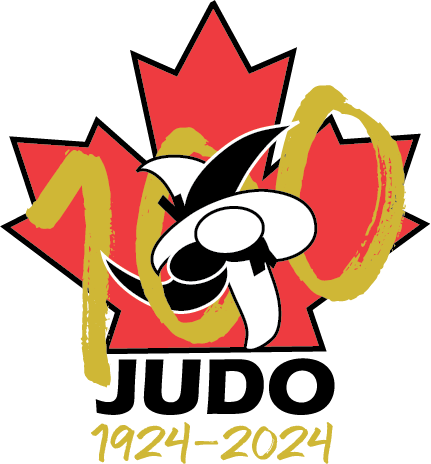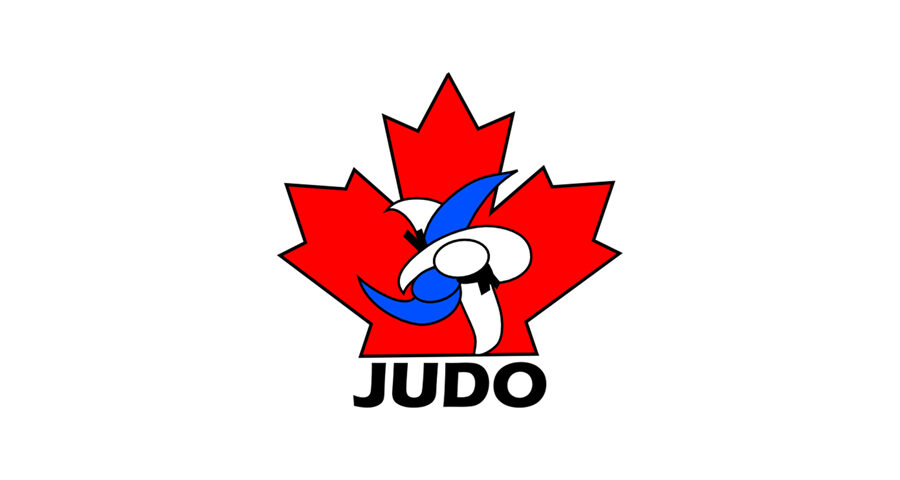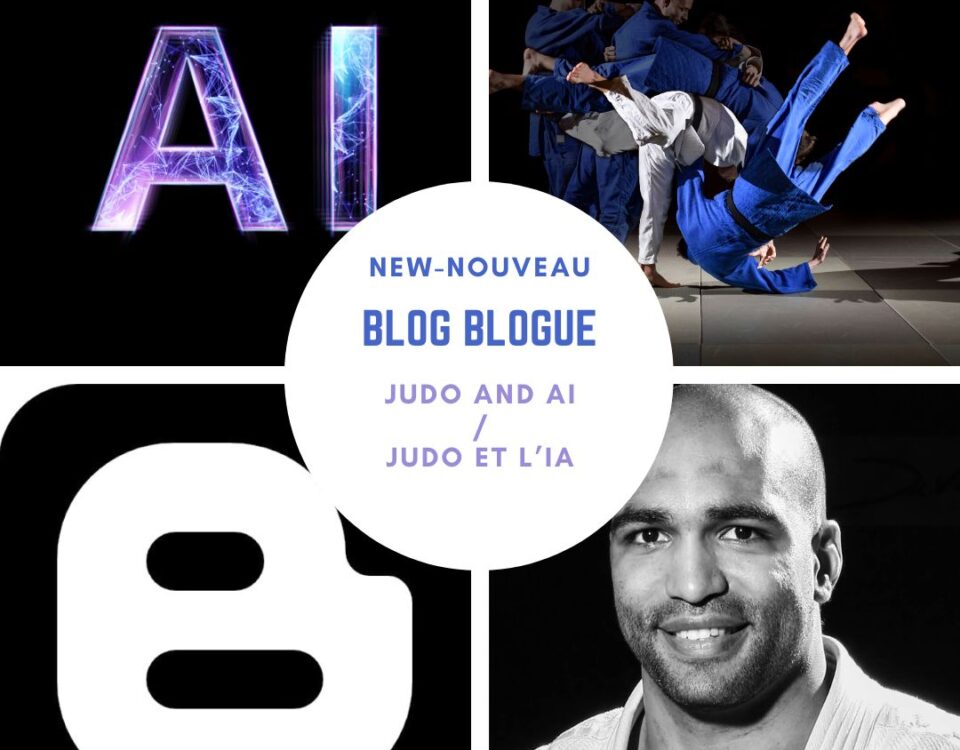Canada needs some luck to medal at World Championships in Budapest
29 December 2002Bernard Letendre
Head of Wealth and Asset Management, Canada
President & CEO, Manulife Investments
Bernard Letendre has been practicing judo for almost 37 years and trained for 30 years at Club Hakudokan in Montreal with Sensei Raymond Damblant, 9th dan. Bernard holds a third degree black belt (Sandan) and teaches judo at the University of Toronto Judo Club. Outside of the dojo, Bernard brings 23 years of experience in the financial services industry to his role as President of Manulife Investments, one of the largest invest firms in the country. Bernard holds a Bachelor and a Master’s degree in law from the University of Montreal, is a member of the Quebec Bar and is a published legal author. He is a Director of the Investment Fund Institute of Canada (IFIC) and has held Board positions with a number of high-profile non-profit organizations including the Les Grand Ballets Canadiens de Montreal, the National Gallery of Canada Foundation and La Fondation du Dr. Julien. He lives in Toronto with his wife and three children.
The secret to greater efficiency in everything you do.
Some fifteen years ago, two Harvard academics, David B. Yoffie and Mary Kwak, published a business book titled Judo Strategy: Turning Your Competitors’ Strengths to Your Advantage, which became a best-seller and has since then been translated into ten languages. I do not believe the authors to be judokas themselves and the reference to judo in their book was intended purely as a metaphor for smaller companies which beat larger ones through the application of principles such as movement, balance and leverage. It’s an intriguing book and while the case studies are somewhat dated, it’s worth a look if you can get your hands on it.
Read on to learn about Maximum Efficiency with Minimum Effort
Judo is indeed applicable to the world of business but not just as a metaphor – for real. It’s something that I’m passionate about and, for reasons that will become evident below, that I strive to apply on a daily basis, both in my personal life and in my professional life.
The word “judo”, in Japanese, is actually the juxtaposition of two words – Ju and Dō – and is usually translated in English as “The Gentle Way”. Anybody who has seen some of the splashy videos that can be found everywhere on the internet may be excused for failing to see anything ‘gentle’ about the Way (or Dō) that I’m talking about. Here is one of the better ones, produced by the International Judo Federation (IJF) to promote judo at the 2012 Olympics:
Wow! Pretty spectacular, wouldn’t you agree? I’ve been practicing judo for thirty-seven years and it still gives me chills. And it’s because they want to learn to apply waza(technique) like what you just saw that most people decide to pick up judo in the first place. But there is much more to judo than waza.
One of the oddities of judo is that it exists both as a sport and as a traditional martial art. Judo has been an olympic sport since 1964 and while competition has become one of its best-known aspects, it is far from the only one. Neither is it, as far as I’m concerned, the most important one. Some practitioners put more emphasis on some aspects, some on others. Like many long-time judokas, I initially got hooked by the purely sporting side depicted in the video above, but have become more and more interested over the years in upper-level judo. More on this in a moment.
Judo is underpinned by an elaborate system of thought that applies to all aspects of life – including work
What is important for the reader to know right now is that like other traditional martial arts, judo is underpinned by an elaborate system of thought. In the case of judo, there are two core principles. One is known as Jita Kyoei, which translates as “mutual prosperity for self and others”. In other words, mutual benefit. The other, known as Seiryoku Zenyo, is the idea that one should strive to make the most efficient – hence the most rational – use of energy of mind and body. This is the principle often referred to as “Maximum Efficiency with Minimum Effort” and it is universal in its application. As Jigoro Kano, the founder of judo, explained in Mind Over Muscle:
“The most effective use of your mental and physical energy (seiryoku zenyo) […] can be applied to many aspects of life. You must therefore consider how you can apply this principle to everything in your life and endeavor to do so. […] It can be applied in every situation, regardless of one’s age, gender, circumstances, or occupation.” (page 108)
Making effective use of your energy is objectively more desirable – more rational – than being wasteful of it
Very few, I expect, would challenge the idea that making effective use of your energy is objectively more desirable – more rational – than being wasteful of it. But what does it mean, exactly, to make “the most effective use of your mental and physical energy” and how does one achieve such an objective? That is indeed the key question and figuring out the means of making the most efficient use of your energy is ultimately what the Gentle Way is all about. In the words of Kano Shihan:
“No one doubts that success depends on the means. And, in addition to being the best way to learn how to make the most effective use of your mental and physical power, it can be said that judo is the “study of means”, and its practice is the study of the best means to achieve all kinds of success.” (page 94)
In its most basic version, when learning to defend against attack, Seiryoku Zenyodictates that if someone pushes you, you should give way rather than trying to push back with even greater force, but instead redirect the attacker’s energy to break his or her balance, securing an advantage in the process. Giving way is more ‘gentle’ than pushing back with brute force, hence the Gentle Way. Mastering such basic applications of the Seiryoku Zenyo principle is what Kano Shihan referred to as lower-level judo. (page 96) Like I said earlier, being able to toss people around with (relatively) minimal force is lots of fun and it’s what attracts most people to judo in the first place.
One can waste huge amounts of energy via negative emotions such as fear, anger and negativity
Middle-level judo is about “training your mind and body, controlling your emotions, and developing courage. In short, this means becoming able to control both your body and your mind at will.” (page 98) The reason why this is so important is that one can waste huge amounts of energy via negative emotions such as fear, anger, negativity, etc. It is therefore not surprizing that learning to master one’s thoughts and emotions is one of the most important means of conserving energy. For most judokas, this ability grows over time, as they gradually internalize the principle of Seiryoku Zenyo through practice in the dojo and start applying it more broadly to work, learning, etc.
That is all nice and fine, you may ask, but why is it such a big deal to conserve your energy in everything you do? It makes sense and perhaps you become more efficient and effective at doing all sorts of things large and small, but is that all that there is to it? That takes us to upper-level judo, and here is what Kano Shihan had to say about it:
“Reaching upper-level judo means making the most effective use of the mental and physical energy you acquired at the lower and middle levels and contributing to society. Thus, upper-level judo has the widest application and requires the most creativity.” (pages 98-99) He also added: “The most important thing is to strive to develop yourself so that you can acquire as much spare energy as possible to expend on society” (page 131)
Judo does not have a monopoly on any of this and wisdom can flow from many sources. Some people have an intuitive grasp of the Dō and can be said to be applying the principles of judo without having ever set foot in a dojo. For many more, it’s a life-long journey and the learnings of the dojo offer the best approach for progressing along the Gentle Way.
Ultimately, it’s about benefiting society as a whole
As for me, I see my roles as judo instructor and business leader as avenues allowing me to fulfill my pursuit of upper-level judo and to have, in my own small way, a positive impact on society. And that is how the Gentle Way can help someone go from tossing people on the mats for fun (or self-defense) to training mind and body for greater happiness, to being more effective at his or her job, to mobilizing energy for the benefit of society as a whole, all in a spirit of mutual benefit.







